News
-

Annual Health Fair
December 12, 2025Community Medical Center hosts its annual Health Fair on Saturday, January 10, offering discounted lab screenings and health education.
Learn more -

BEE Award Recipient: Celebrating Sam Brown from Respiratory Therapy
December 04, 2025Community Medical Center is proud to recognize Sam Brown from Respiratory Therapy as our newest BEE Award honoree. The BEE (Being Exceptional Every day) Award celebrates team members who consistently go above and beyond in supporting our nurses—and ensuring every patient and family feels cared for, informed, and safe.As we like to say, a DAISY can’t survive…
Learn more -
.jpg)
Is It a Cold, the Flu, or Something Else? How to Tell the Difference
November 26, 2025A scratchy throat. A runny nose. Fatigue that won’t quit. As we move into the colder months in Missoula, MT, it’s natural to wonder, “Is it just a cold, or something more serious?” With cold, flu, RSV, and COVID-19 all circulating, knowing what to watch for – and when to get care – can help…
Learn more -

Nurses, Kim (ER) & Jessica (ICU) Receive Daisy Award
November 24, 2025Kim & Jessica were recently nominated by a patient for a Daisy Award:"On September 24, I experienced severe chest pain and sweating. I was transported to Community Medical Center's ER via ambulance.I cannot say enough about the outstanding care I received from the two nurses who took care of me. The ER was short-staffed, so Jessie floated down from the ICU to help in…
Learn more -
.jpg)
What Does Breast Cancer Look Like in Its Early Stages?
October 21, 2025Many people associate breast cancer with finding a lump, but in reality, early breast cancer can show up in many different ways – some of which are easy to overlook. Here are several symptoms that may indicate early breast cancer: A new lump or mass: While not all lumps are cancerous, a painless, hard lump with irregular edges should always be…
Learn more -
.jpg)
Community Medical Center Hosts Open House for Expecting Mothers
October 03, 2025Community Medical Center welcomed expecting mothers and their loved ones to a Women & Newborns Open House on Thursday, October 2, 2025. The event featured guided tours of the Labor & Delivery Unit, Antepartum Unit (specializing in high-risk pregnancies), Mother & Baby Unit, and NICU. Guests enjoyed refreshments, explored educational resources, and had the…
Learn more -

Why You Shouldn’t Skip Your Annual Physical: Screenings That Save Lives
September 26, 2025Your annual physical is more than a routine doctor’s visit — it’s an important part of long-term health planning. While many people only see a doctor when something feels wrong, preventive care helps identify risks and conditions before symptoms appear. At Community Medical Center, our primary care teams focus on whole-person health. Annual…
Learn more -
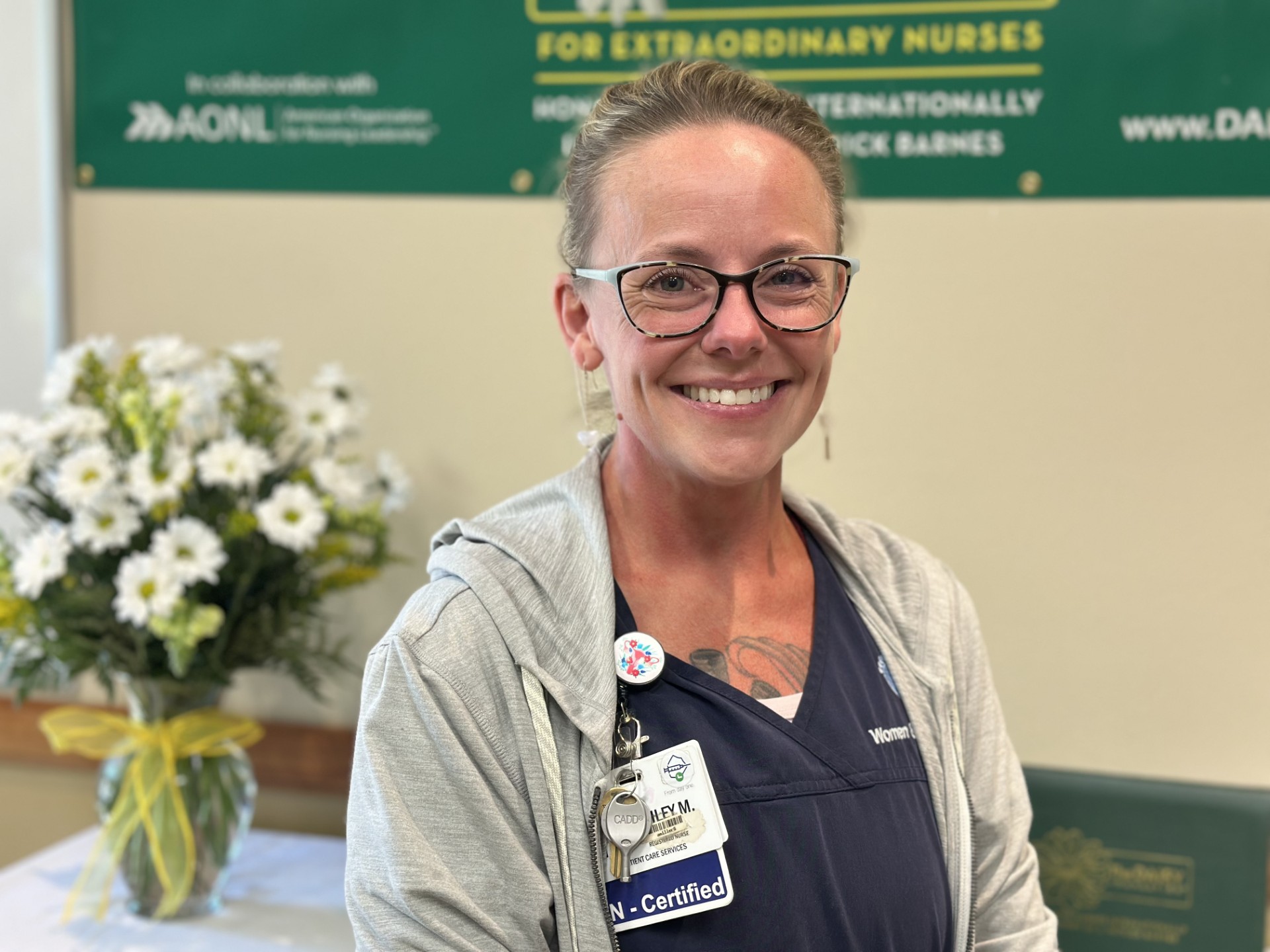
Daisy Award Winner: Ashley Miller
September 24, 2025Congratulations to Ashley from Labor & Delivery on receiving the DAISY Award!
Learn more -

BEE Award Winner: Jeff Mann
September 23, 2025Congratulations to Jeff from Facility Services on receiving the BEE Award!
Learn more -

How to Protect Your Child from Fall Viruses like Flu, RSV, and COVID
September 02, 2025As colder temperatures settle in across Missoula, MT, children are spending more time indoors – whether at school, daycare, after-school programs, or even home. These enclosed spaces make it easier for fall viruses like flu, RSV, and COVID-19 to spread. And with colder air drying out nasal passages and weakening immune defenses, kids are more vulnerable than ever…
Learn more -
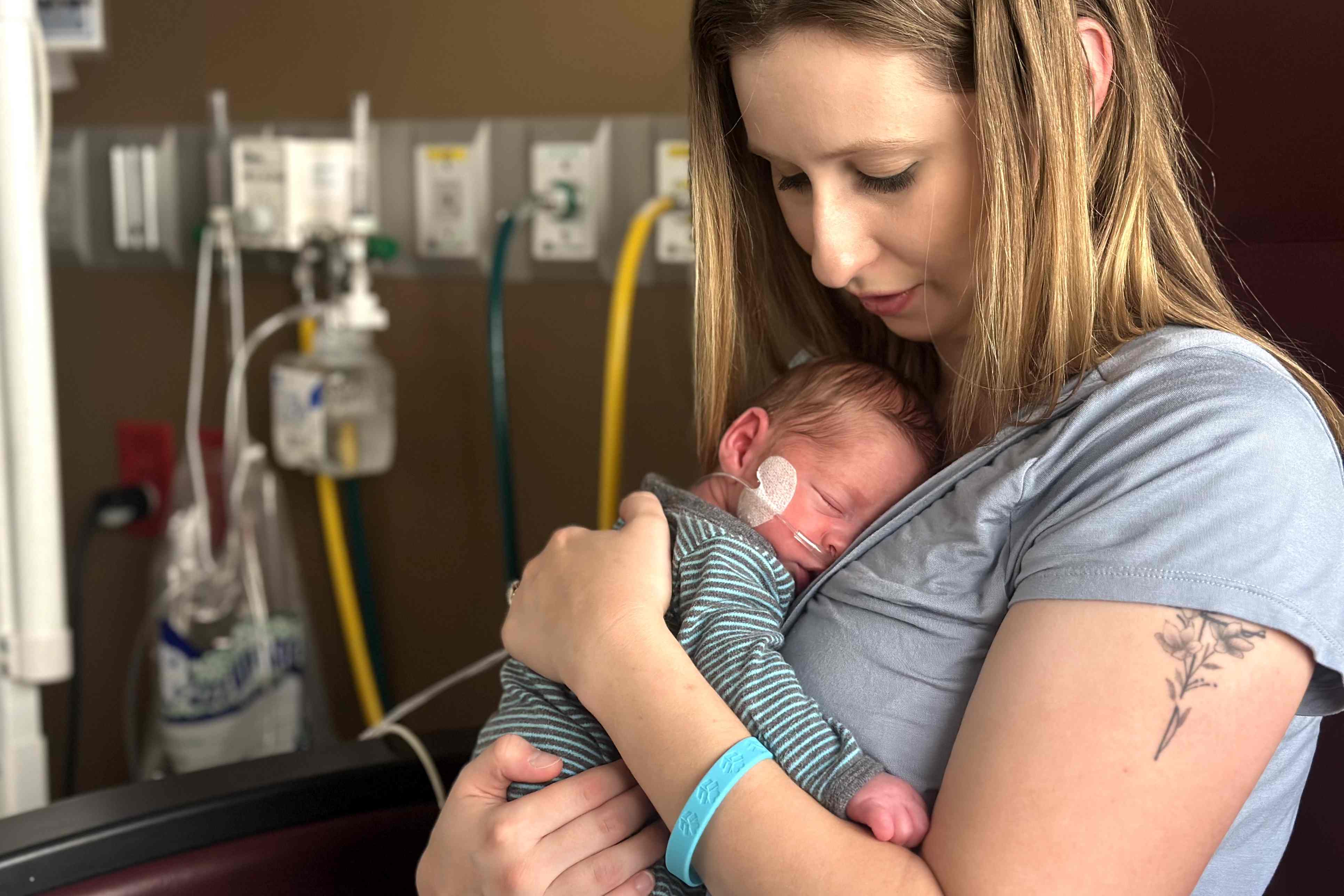
Introducing the Special Delivery Program
August 05, 2025The Special Delivery Program is an initiative aimed at improving postpartum care and reducing maternal mortality.
Learn more -
.jpg)
Why Mosquito-Borne Illnesses Are on the Rise — and How to Protect Yourself
August 01, 2025Warmer weather and standing water are fueling a surge in mosquito-borne diseases. Here’s what you need to know and how to prevent them.
Learn more -

Kitty Thompson Receives BEE Award
July 30, 2025Kitty, NICU HUC & Tele Tech, was recently awarded the BEE Award at Community Medical Center for outstanding teamwork.
Learn more -
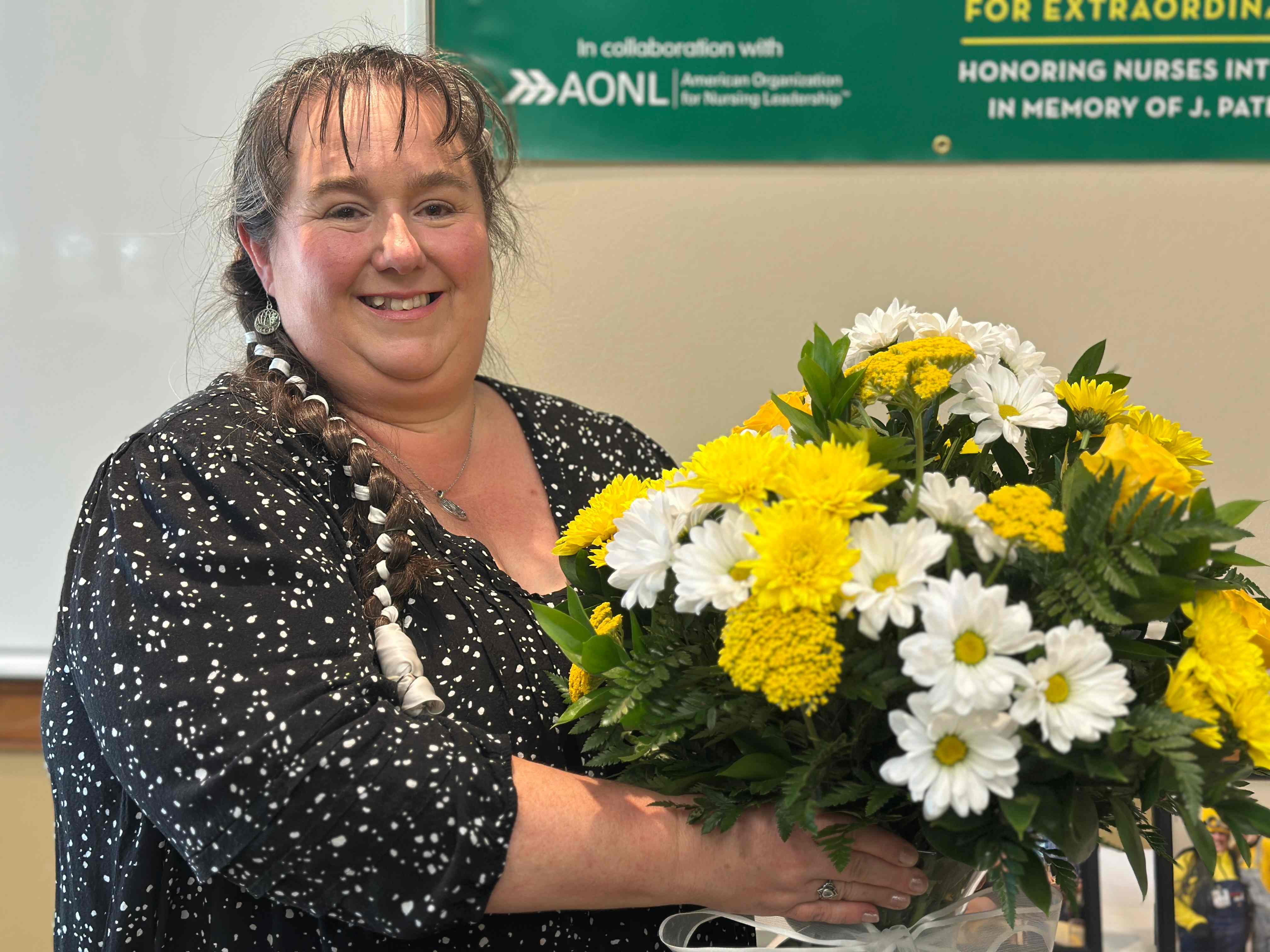
Jenn Sheldon, RN Receives Daisy Award
July 23, 2025NICU Nurse, Jenn Sheldon, recently received the Daisy Award for exceptional nursing. She was nominated by two NICU families.
Learn more -
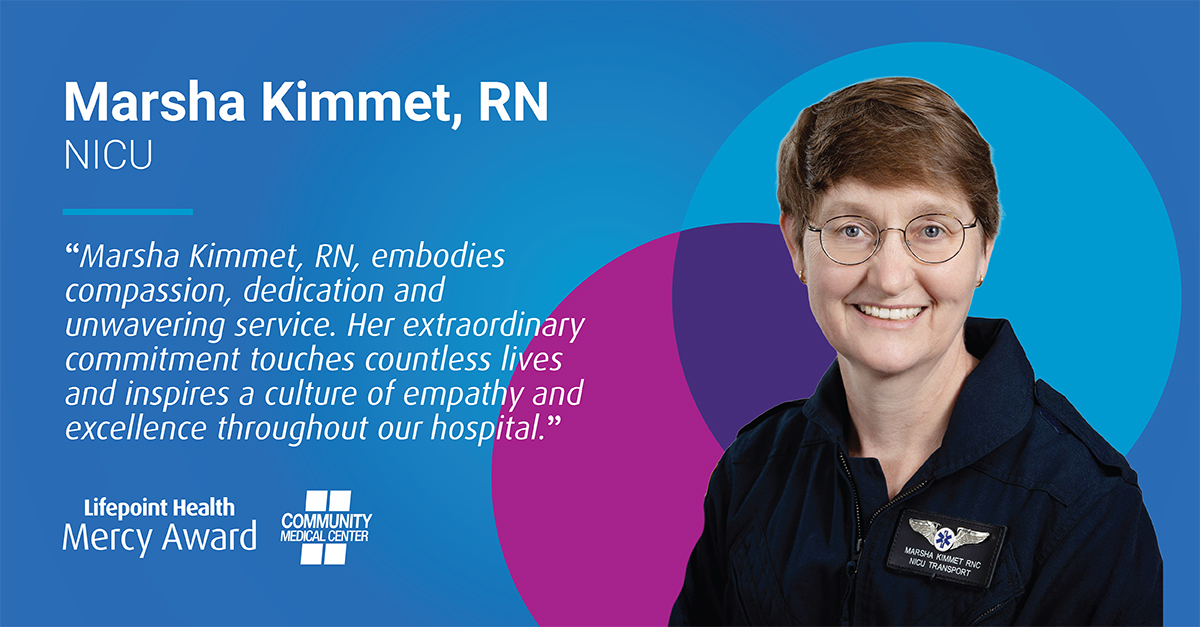
Community Medical Center Announces 2025 Mercy Award Winner
July 17, 2025NICU nurse, Marsha Kimmet, has been recognized as Community Medical Center’s 2025 Mercy Award winner.
Learn more -
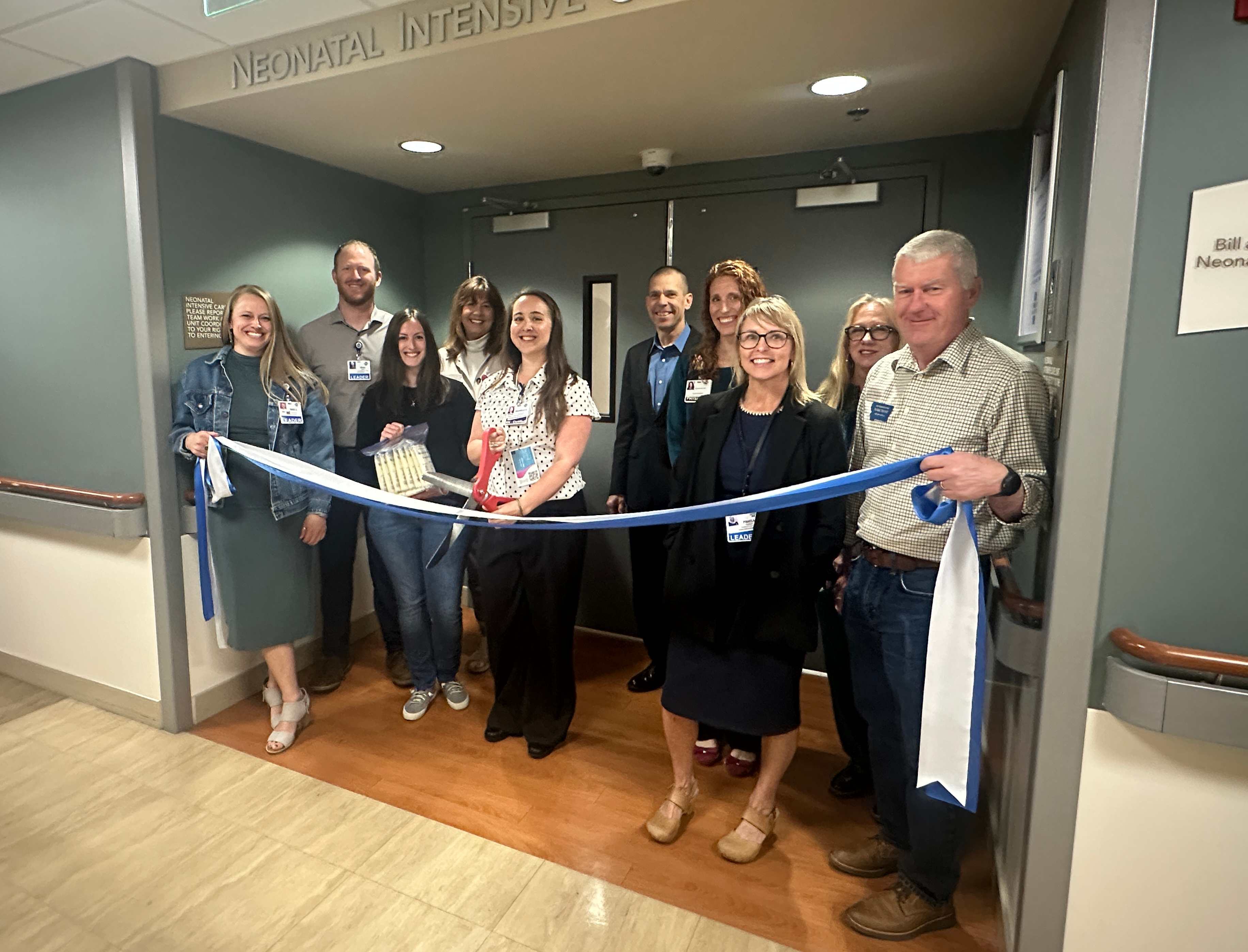
Introducing Pasteurized Donor Human Milk Program for Newborns
May 22, 2025We are proud to announce the launch of our pasteurized donor human milk program, offering a vital resource for premature infants. This program is one of only two donor locations in the state. We rely on donor milk for babies in the neonatal intensive care unit (NICU) born too small, too sick or too soon. These infants benefit from an exclusive diet of human milk to…
Learn more -
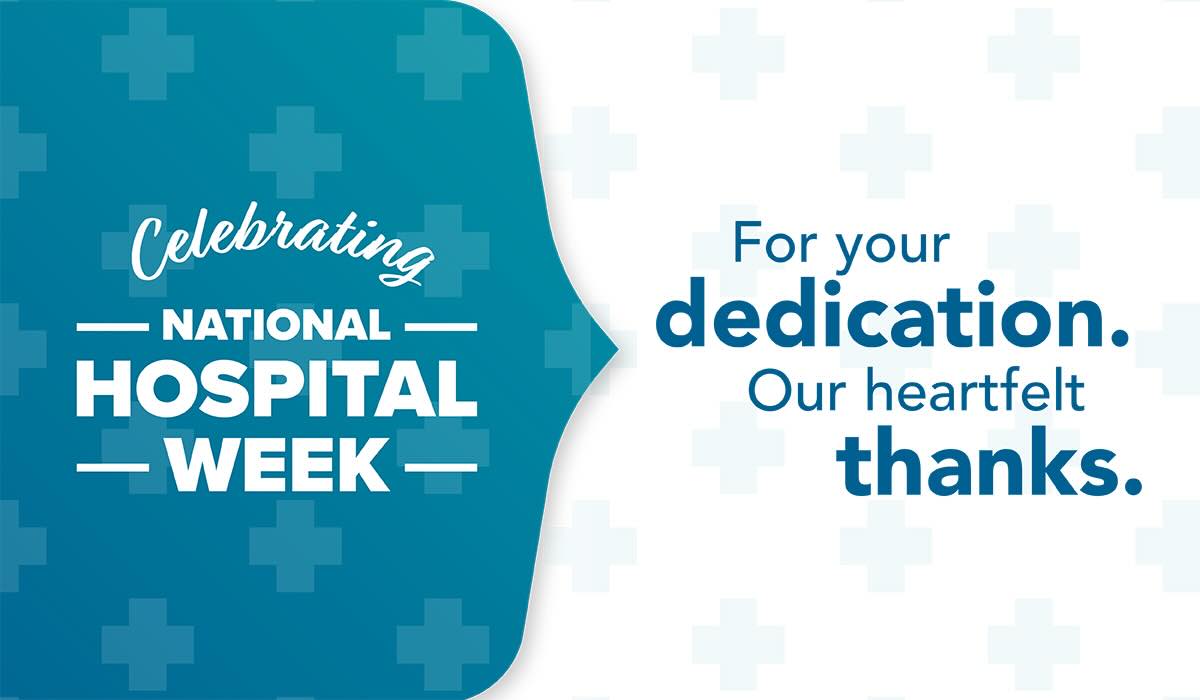
Celebrating Our Nurses, Hospital Teams and EMS Partners
May 17, 2025During May, we will celebrate three important national observances that recognize the hard work and dedication of our nurses, hospital teams, and EMS professionals.
Learn more -

Local legislators’ leadership key to preserving Medicaid
April 18, 2025Thank you to local leadership who recently approved HB 245. This legislation preserves Montana's Medicaid program and ensures continued access to vital healthcare for thousands of Montanans.
Learn more -

Celebrating Certified Nurses – Champions of Safe, High-Quality Care
March 18, 2025Certified Nurses Day is March 19, and we celebrate nurses who have clinical certifications over and above their RN degrees.
Learn more -
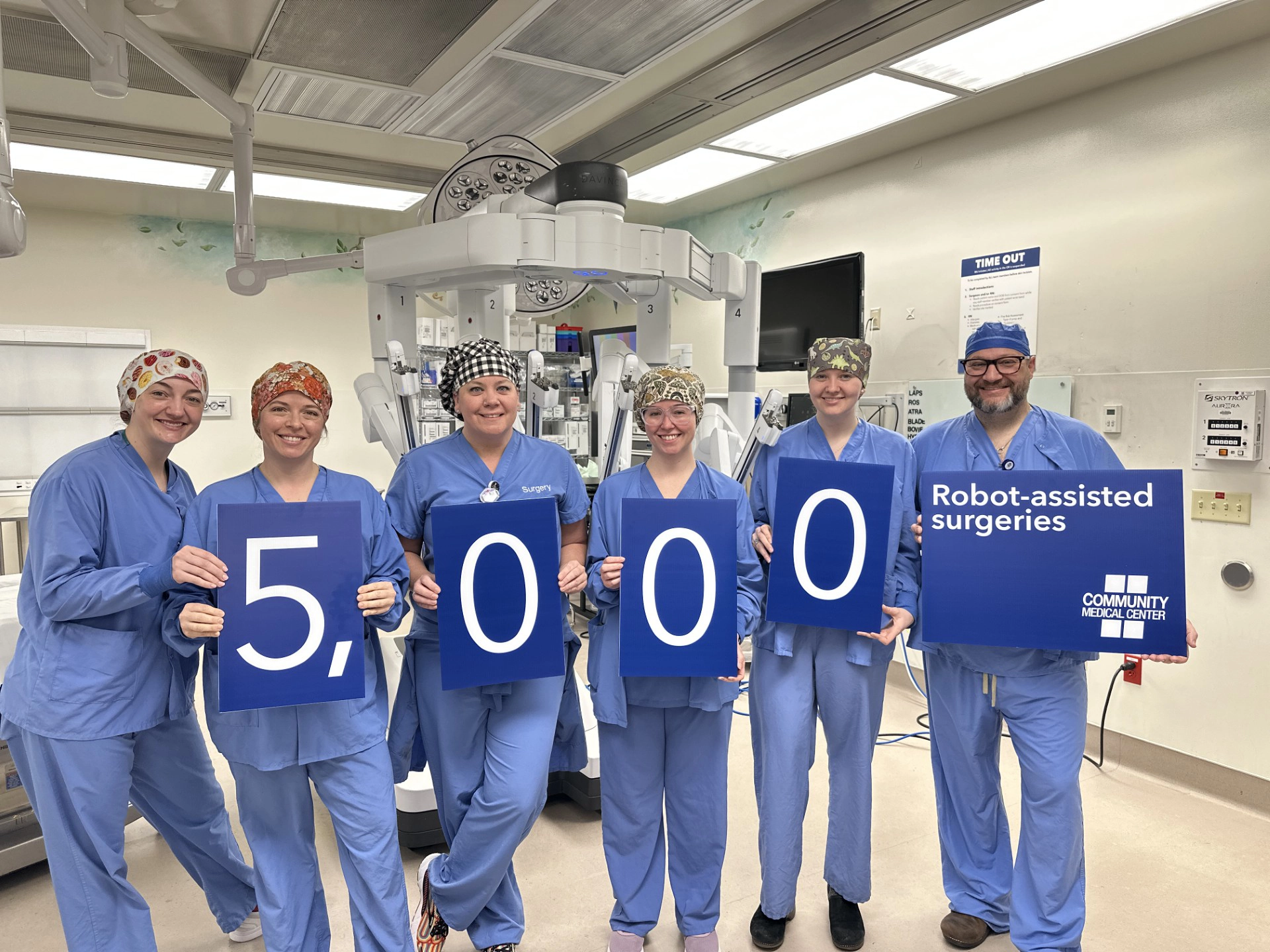
Community Medical Center Celebrates 5,000th Robotic-Assisted Surgery
March 12, 2025Community Medical Center proudly celebrates its 5,000th robotic-assisted surgery using the da Vinci surgical systems.
Learn more
